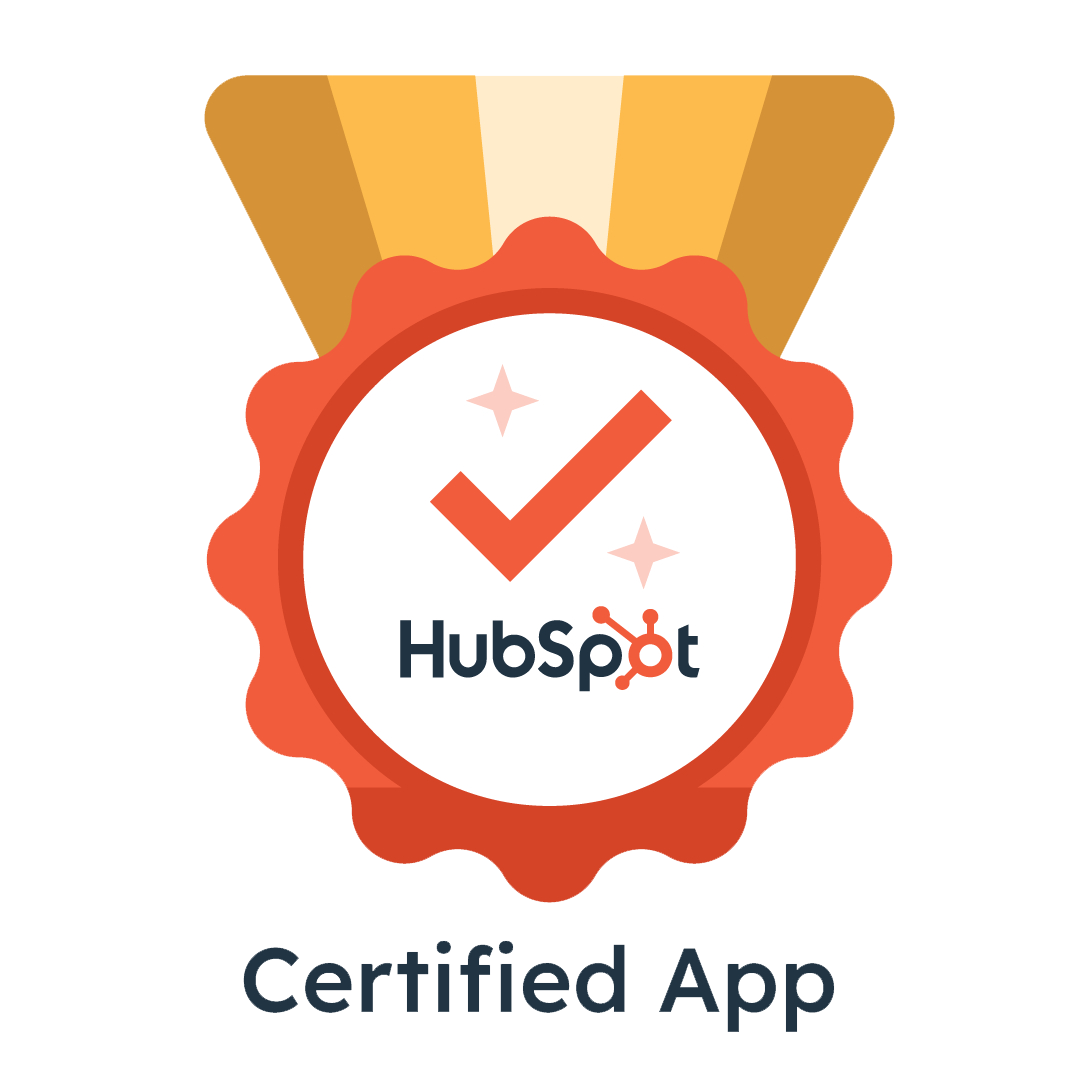Experiential Marketing
Experiential Marketing
Experiential marketing is a dynamic approach to brand promotion that focuses on creating memorable, interactive experiences for consumers. Instead of traditional advertising, it engages audiences directly, encouraging them to connect with a brand through hands-on activities, events, or immersive environments. This strategy helps build emotional connections and lasting impressions that can influence purchasing decisions.
Understanding Experiential Marketing: Engaging Consumers Beyond the Ordinary
At its core, experiential marketing is about crafting unique experiences that allow consumers to interact with a brand in meaningful ways. This approach goes beyond passive exposure to advertisements by inviting active participation. It can take many forms, such as pop-up events, product demonstrations, immersive installations, or interactive booths at trade shows.
One of the key benefits of experiential marketing is its ability to create emotional resonance. When consumers engage with a brand through a memorable experience, they are more likely to develop loyalty and share their positive impressions with others. This word-of-mouth effect can amplify the reach of a campaign far beyond the initial event.
For example, a beverage company might set up a tasting booth at a festival, allowing attendees to sample new flavors while enjoying live music and branded giveaways. This not only introduces the product but also associates it with a fun, social atmosphere. Similarly, a tech company could host a virtual reality demo at a trade show, giving visitors a hands-on look at their latest innovations.
Key Elements of Experiential Marketing
- Interactivity: Encouraging active participation rather than passive observation.
- Immersion: Creating an environment that fully engages the senses and attention of the audience.
- Emotional Connection: Building feelings of excitement, trust, or nostalgia to deepen brand affinity.
- Memorability: Designing experiences that stand out and are easily recalled.
- Shareability: Facilitating moments that consumers want to share on social media or with friends.
Why Experiential Marketing Matters in Trade Shows and Events
Trade shows and events are ideal settings for experiential marketing because they gather targeted audiences who are already interested in specific industries or products. Brands can leverage this captive audience to showcase their offerings in a way that traditional booths or brochures cannot match.
By creating engaging experiences, companies can differentiate themselves from competitors, generate leads, and foster deeper relationships with potential customers. The hands-on nature of experiential marketing also helps attendees better understand product benefits and features, increasing the likelihood of conversion.
Practical Tips for Implementing Experiential Marketing
- Know Your Audience: Tailor experiences to the interests and preferences of your target market.
- Keep It Simple: Focus on clear, easy-to-understand interactions that highlight your brand’s value.
- Leverage Technology: Use tools like augmented reality, virtual reality, or interactive displays to enhance engagement.
- Encourage Social Sharing: Create photo-worthy moments or hashtags to extend reach online.
- Measure Impact: Collect feedback and track engagement metrics to evaluate success and inform future campaigns.
FAQs About Experiential Marketing
What is the main goal of experiential marketing?
The primary goal of experiential marketing is to create meaningful, memorable interactions between consumers and a brand. This helps build emotional connections, increase brand awareness, and ultimately drive customer loyalty and sales.
How does experiential marketing differ from traditional marketing?
Unlike traditional marketing, which often relies on one-way communication like ads or emails, experiential marketing focuses on two-way engagement. It invites consumers to actively participate in brand experiences, making the interaction more personal and impactful.
Can experiential marketing be effective for small businesses?
Absolutely. Small businesses can use experiential marketing on a smaller scale, such as hosting local events, product demos, or interactive workshops. These activities can create strong community connections and generate buzz without requiring large budgets.





